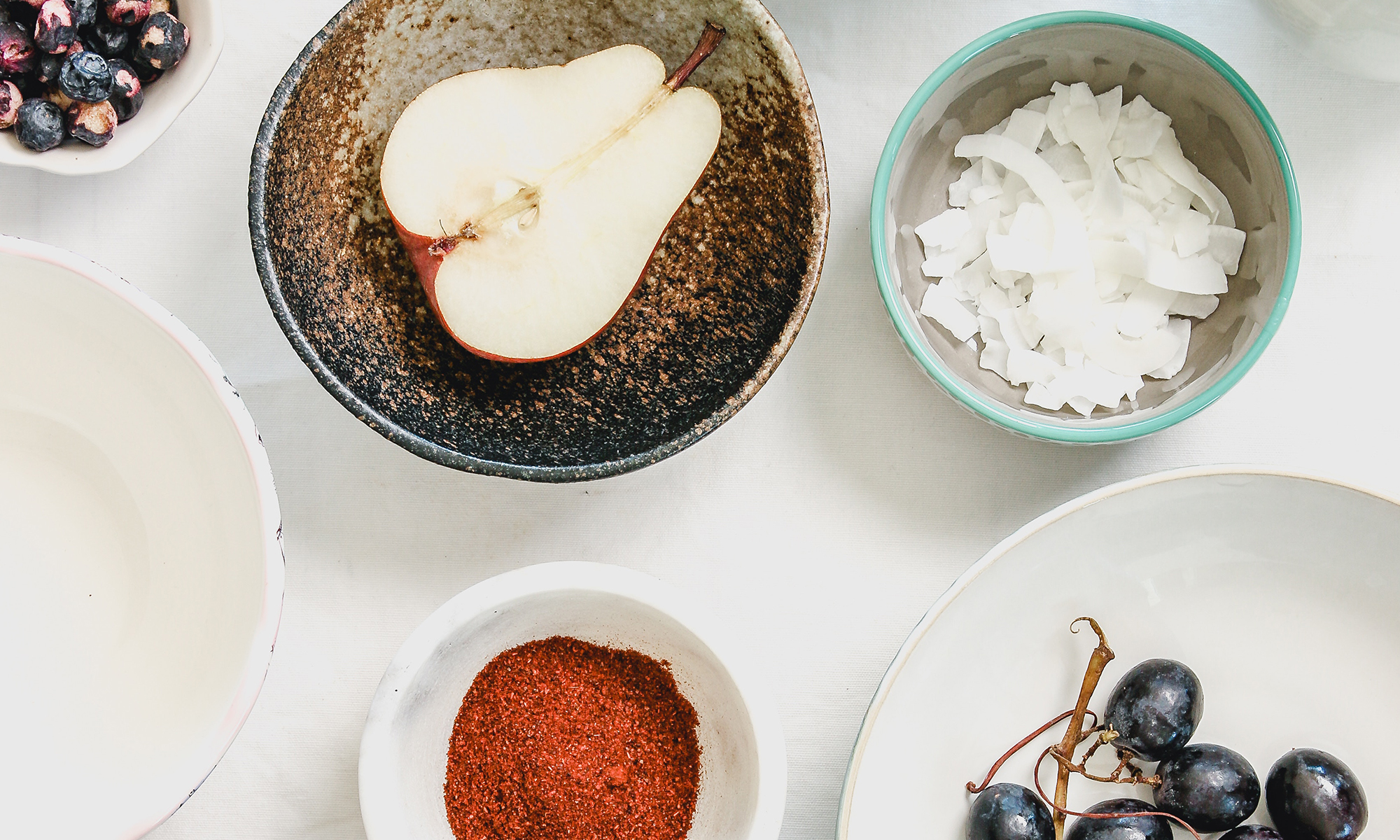Even before the crocuses poke their noses out of the ground, farmers’ are planning for summer – planning crops and starting seedlings in their greenhouses. And they are selling subscriptions to CSAs.
CSA – Community Supported Agriculture – is a relatively new agricultural model built upon the relationship between farmer and consumer. CSA farms are partially or entirely supported by members who pay in advance for weekly distributions of fresh produce. By accepting the possibility that certain crops may do poorly or even fail, members share in the inherent risks of farming. This model demonstrates a commitment to the farmer, and it allows small farms to thrive in otherwise unfavorable conditions. Given the alarming disappearance of farmland across the nation, more and more people are abandoning the supermarket and joining CSAs.
Local Harvest offers a basic description of CSAs:
A farmer offers a certain number of "shares" to the public. Typically the share consists of a box of vegetables, but other farm products may be included. Interested consumers purchase a share (aka a "membership" or a "subscription") and in return receive a box (bag, basket) of seasonal produce each week throughout the farming season.
There are at least 60,000 farms in the US that sell CSA subscriptions. Each farm manages their CSA’s differently, so it’s important to understand the fundamentals before signing up.
Most summer CSAs run for approximately 15 weeks in the summer, starting in May or June and continuing through October (there are also plenty of winter and year-round CSAs).
Pricing and Payments
Customers sign up and pay in the late winter months – typically from January through April. Rates vary from $425 – $625 for a full share, depending on the farm and where you live. A full share contains enough produce each week to feed a family of four. Some farms also offer half-shares and quarter-shares for discounted prices.
Distribution
Each week during the season, the farmer will distribute the produce to his subscribers. Some farmers will drive to a central location to meet the subscribers; others require subscribers to drive to the farm to pick up the produce. Some farmers pre-box the produce; others let the subscribers pack up their shares themselves.
When exploring a CSA you will want to consider (in addition to the variety of crops offered and growing practices) what day of the week the produce is distributed, during what hours and where it is picked up. Find one that’s convenient for you and fits your schedule.
My friend Brett of Even’ Star Farm delivers his shares on Thursdays and leaves boxes of produce at designated subscriber homes. His subscribers can pick up their boxes at anytime on Thursday. Steve Parker, on the other hand, will park his truck at central location between 6pm and 8pm on Wednesdays. His subscribers must pick up their share during that window. And other farms require you to drive to the farm to pick up the produce.
Finding a Farm
There are several approaches to finding a farm-share.
- Ask a friend
- Visit Local Harvest’s website for a listing of farms that have CSAs
- For Massachusetts residents, visit the Federation of Massachusetts Farmers’ Markets. Find a farmers’ market close to you, and then explore the farmers that sell at those markets. Likely, you’ll find a farm with a convenient distribution model.
Who Should NOT Join a CSA
CSAs aren’t a great fit for everyone. Potomac Vegetable Farms offers these guidelines on who should consider other options for supporting local farms:
- Anyone who is away on vacation many weeks. Farms do not give credit for vacation weeks, so it is your responsibility to have someone pickup your share if you are gone, or to cancel your share for the week.
- Anyone who thinks this is a good way to save money. It isn’t. CSAs offer good value at a fair price.
- People who don’t really like to cook or who often don’t eat at home.
- People who don’t like vegetables or who don’t like trying new foods.
- People who have to know on Sunday every item that will be on their menu for the week.
Due to the harsh winter, many folks are slow to sign up for CSAs so there is still time to find the perfect fit.
Here are some of my favorite farms that still have space in this year’s CSA:
Langwater Farm (MA)
Colby Farm (MA)
Potomac Vegetable Farm (VA)
Even’ Star Farm (MD)
Have you joined a CSA? How did you find them?

Great information – I found my CSA Restoration Farm through Local Harvest and I find it to be an excellent resource. I also like the tips on who should not join!
Nice, and thanks for sharing this info with us.Good Luck!